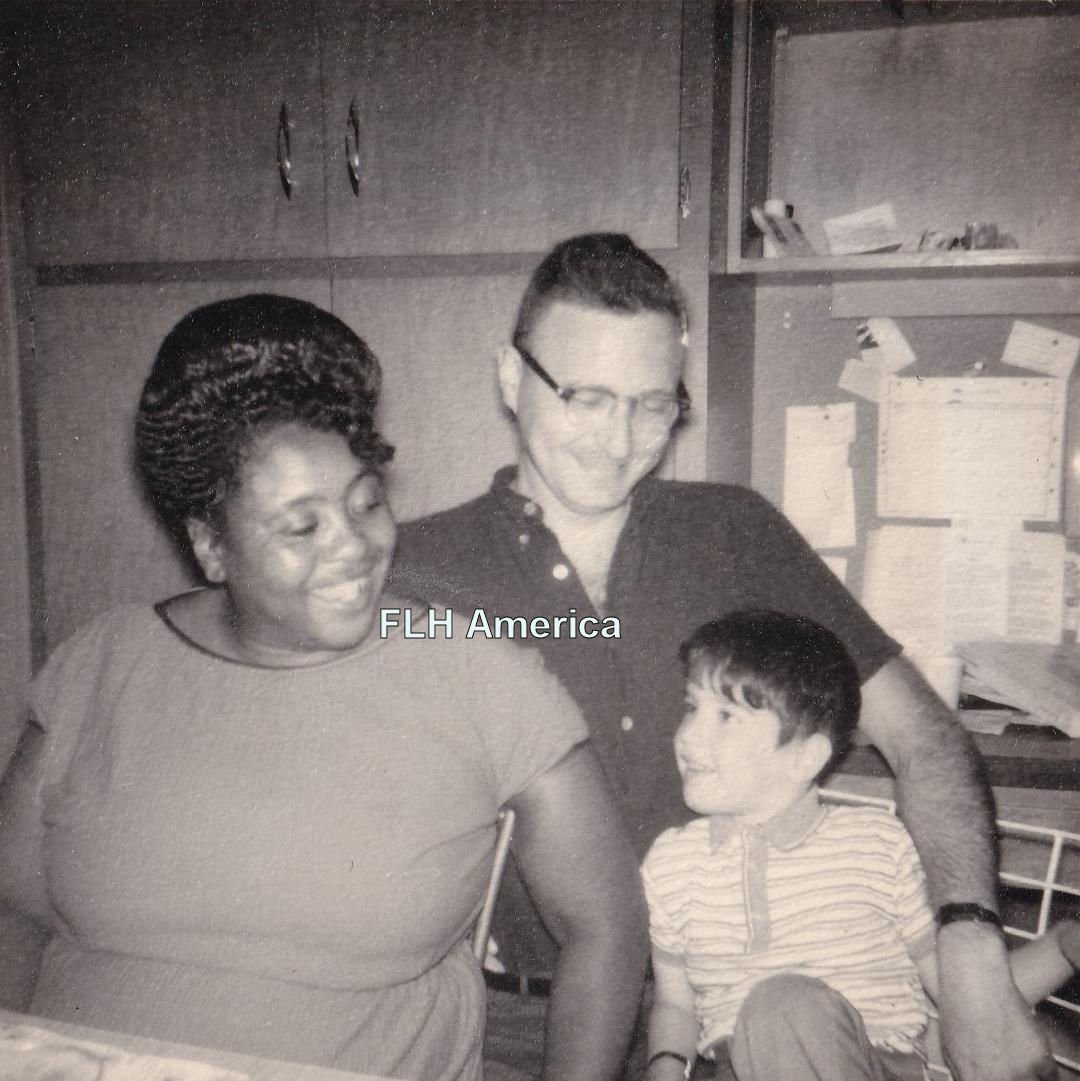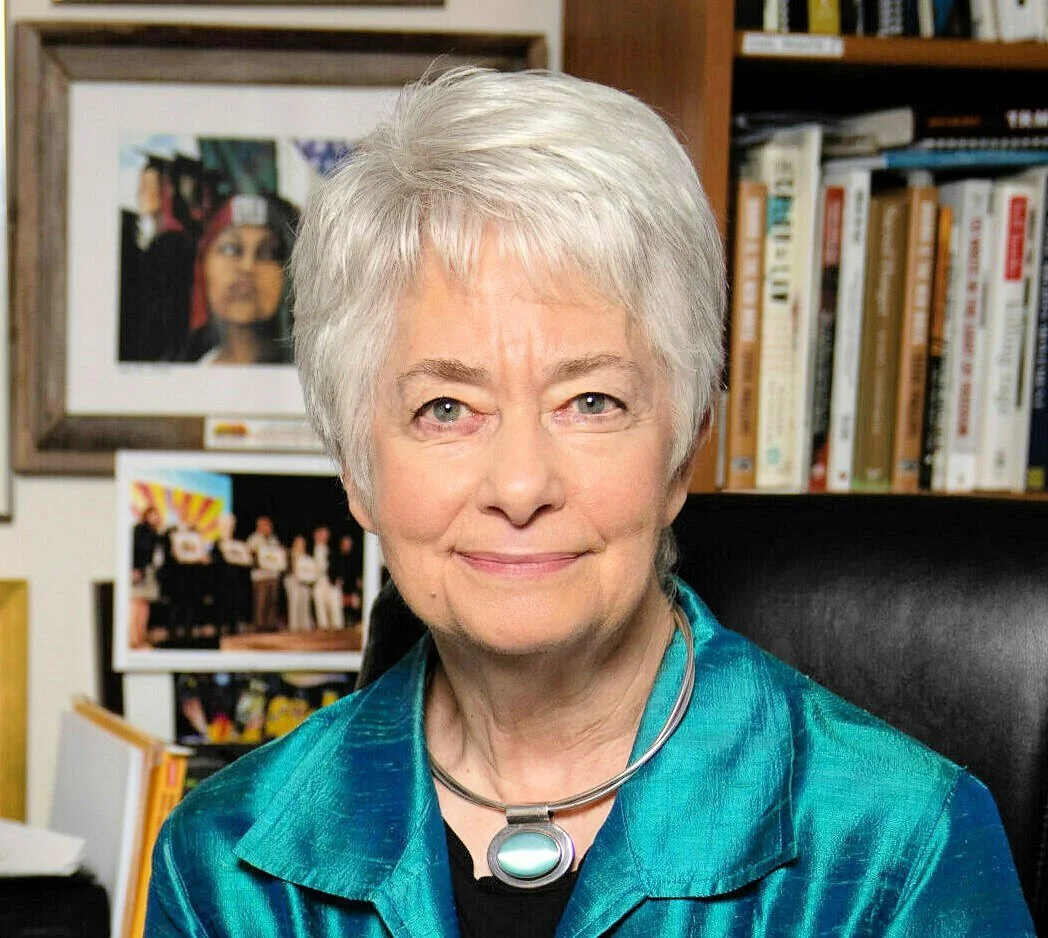Personal Testimonies
Throughout her activist career, which spanned just 15 years, Fannie Lou Hamer touched the lives of tens of thousands of people with her words, her generosity and her motivational nature. She empowered people. She moved people. She loved - people. And people loved her. This page allows us the privilege to hear from some of those who knew her and worked with her, as they share their fondest memories and experiences with their beloved colleague. Their comments were contributed as a special tribute and specifically for this page on our website and should not be reproduced or copied without permission (flhamerica@gmail.com). We thank these civil rights giants, historians, writers and activists for their willingness to share their thoughts with the world. Euvester Simpson
Voting rights activist Euvester Simpson (second from left) worked with Fannie Lou Hamer as a member of SNCC and she shared a jail cell with Hamer in June 1963 when they were both arrested in Winona, MS. Charles Prickett
Dr. Charles O. Prickett is an attorney and a civil rights activist. He is also the author of “Remembering Mississippi Freedom Summer.” He participated in the 1963 March on Washington, the 1964 Mississippi Freedom Summer, and the 1965 Selma to Montgomery March.He met Fannie Lou Hamer and actor Richard Beymer during Freedom Summer in 1963. He now He often relates his experiences in schools, college classes, civic groups, and other public events.Lawrence “Larry” Fishman
Lawrence Fishman is the son of Ralph and Rose Fishman. His parents were social activists and his mother, met Fannie Lou Hamer while working with SNCC. The two became very close. In fact, Hamer referred to Rose as her “second mother.” Heather Booth
Heather Booth is one of the leading strategists about progressive issue and electoral campaigns. She has been an organizer starting in the civil rights, anti-Vietnam War and women’s movements of the 1960s and continuing through today. Pictured above with the guitar, she met Fannie Lou Hamer duing Freedom Summer in 1963.Lloyd Gray
Flonzie Brown-Wright
A native of rural Farmhaven, Mississippi, Flonzie Brown-Wright graduated from the Institute of Politics at Millsaps College in Jackson, MS and served the college as Vice-President of the Institute where she taught, "Grass-roots Organizing and Campaign Management."She was inspired to become involved in the civil rights movement in 1963, just after the assassination of Medgar Evers. She first met Fannie Lou Hamer at a MACE (Mississippi Action for Community Education) meeting.Currently the executive director for the Phil Hardin Foundation, an educational philanthropy that supports educational initiatives in the state of Mississippi, Lloyd Gray was executive editor for the Northeast Mississippi Daily Journal in Tupelo, Mississippi for more than two decades.In the fall of 1976, he conducted what is thought to be the last interview with Fannie Lou Hamer.Hamer died on March 14, 1977.








